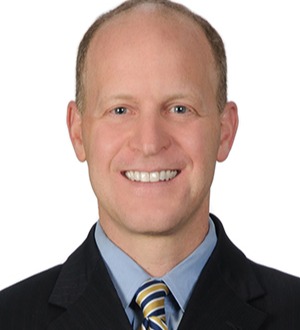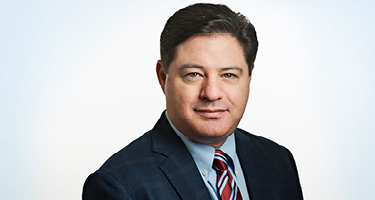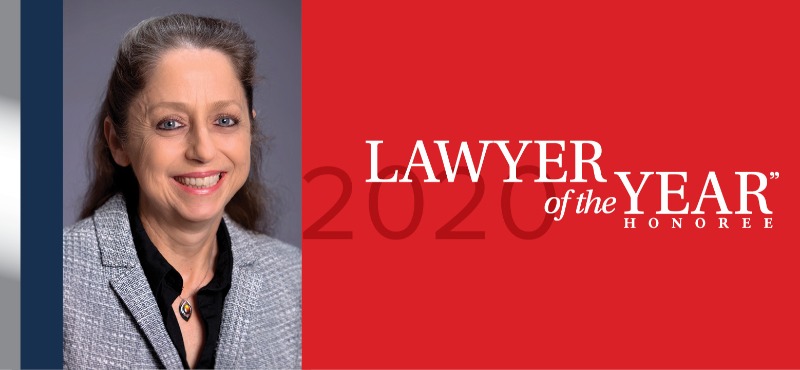Last month, in American Plumbing Professionals, Inc. v. ServeStar, LLC, Georgia’s Court of Appeals reversed a trial court’s determination that a non-compete provision was unenforceable and void because its territory was too broad. The non-compete at issue defined the geographic restriction as “the territory where Employee provided services on behalf of [the employer] during the last twelve months of his or her employment,” which extended “throughout those parts of the United States of America where [the employer] transacts business.”
Relying in part on case law that existed prior to the May 2011 enactment of Georgia’s Restrictive Covenant Act (“RCA”), the lower court determined that the non-compete “contained vague geographic limitations, and thus were void and unenforceable.” The Court of Appeals first acknowledged that, under the RCA, “enforcement of contracts that restrict competition” shall be permitted “so long as such restrictions are reasonable in time, geographic area, and scope of prohibited activities.”
With respect to “geographic area,” the RCA specifically states that a territory is presumed to be reasonable if (a) it “includes the areas in which the employer does business at any time during the parties’ relationship, even if not known at the time of entry into the restrictive covenant,” and (b) “[t]he total distance encompassed by the provisions of the covenant also is reasonable.” The Appeals Court also noted the RCA provides further guidance regarding the language that is necessary for geographic limitations in non-compete provisions: “the phrase ‘the territory where the employee is working at the time of termination’ or similar language shall be considered sufficient as a description of geographic areas if the person or entity bound by the restraint can reasonably determine the maximum reasonable scope of the restraint at the time of termination.”
The former employer relied on law that pre-existed the RCA and, thus, the Appeals Court held that law inapplicable. It also distinguished RCA cases finding non-compete provisions void and unenforceable because they were missing terms, i.e., they were missing a territory entirely. Construing the non-compete as it was required under the RCA, i.e., in favor of protecting an employer’s legitimate business interests to comport with the reasonable intent and expectations of the parties to the agreement, the Court of Appeals held that the territorial restriction satisfies the statutory requirement because it “provides fair notice of the maximum reasonable scope of the restraint.” Accordingly, the Appeals Court reversed the determination that the agreement was void and unenforceable as written and sent the case back to the lower court to determine whether the geographic scope was reasonable or otherwise enforceable.
Jeff Mokotoff is Co-Chair of FordHarrison’s Non-Compete, Trade Secrets and Business Litigation practice group. If you have any questions regarding this decision, please feel free to contact Jeff at jmokotoff@fordharrison.com or the FordHarrison attorney with whom you usually work.



















